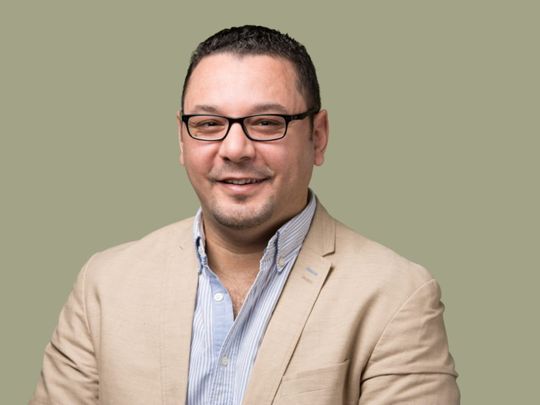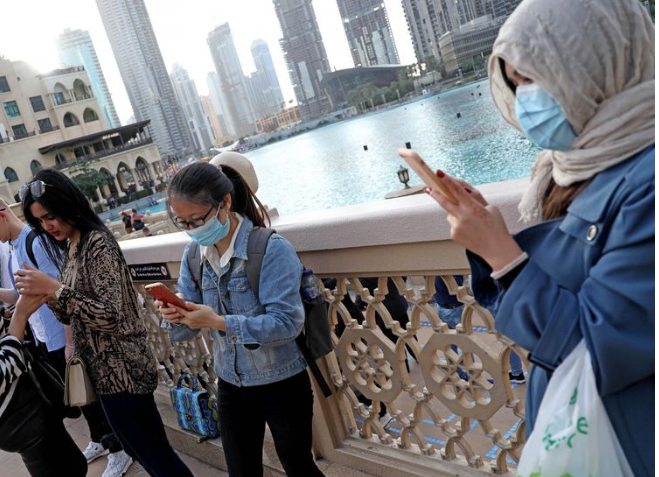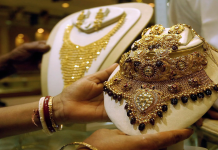Protocols in place to identify, screen, confirm and isolate patients in record time
Dubai: The federal health authorities in the UAE have placed a definite protocol to identify, screen, test and declare a patient positive for Novel coronavirus, within 24 hours of contact with a hospital. The aim is to expedite stabilisation of the patient through isolation and provision of medicines and contain the spread of the virus.
Dr Ahmed Abdelhameed, Specialist – Internal Medicine, Medcare Women & Children Hospital, Dubai , told Gulf News: “The regulations issued by Dubai Health Authority to private hospitals are in line with the World Health Organisation (WHO) and Centre for Disease Control (CDC) guidelines. These help in not just containing the disease but also check against fear and rumour-mongering as there is only one central source of information.”
When a patient arrives at a hospital Emergency, as per the guidelines, doctors triage the patient, check for symptoms in “suspected” cases as per WHO and CDC guidelines. If the suspicion is strong, the patient is isolated immediately.

“Patients are put in negative pressure rooms or even a regular single room with a toilet. Access to the patient is limited to a small staff who take the necessary precautions while dealing with the case. The blood sample is taken and sent to the designated virology laboratory. Earlier, there was only one laboratory. Now with more samples being tested, many other virology labs have been added to the list to save time. More laboratories have been provided the ncov testing kits. Only the designated hospital’s result is considered reliable and doctors wait for the report to confirm the case as positive or negative, all within 24 hours,” said Dr Abdelhameed.
Once the patient tests positive, the Ministry of Health and Prevention is notified and the patient is placed in a government designated isolation ward.
The DHA’s detailed circular to all hospitals enlists definite guidelines on how to handle the cases, how to collect samples, what kind swabs are to be taken in case of mild, moderate or severe infection and how to transport the samples.
Avoid shaking hands, nose-to-nose rubbing
In a series of training workshops organised jointly by the Abu Dhbai Health Centre, Dubai Health Authority, Department of Health, Abu Dhabi and Ministry of Health and Prevention, doctors in all private and public hospitals have been attending a series of instructional workshops on basics concerning the novel coronavirus,
In addition, the health authorities have issued a comprehensive set of guidelines to organisations on how to handle large contingents of guests to conferences, especially those coming from South East Asia. In case of contact with symptomatic travellers, there are guidelines to follow to limit transmission. Post-events there are instructions on how to clean and sanitise places.
The circular also prohibits nose-to-nose rubbing as a way of traditional Arab greeting as well as shaking of hands. The face must be covered when sneezing in a public place, hands sanitised and tissues used for clearing up.
The instructions that provide complete information on disease -handling are being provided for confidence building and educating health care professionals so that they are able to manage public fears, said one doctor who has attended at least two such workshops.



